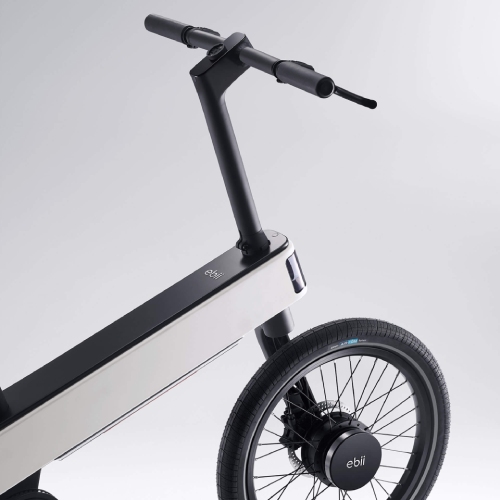The hype surrounding AI has officially reached “Metaverse” levels of unfathomability. Huge language models are a wormhole sucking in all tech organizations hoping to advance long-existing items, and presently e-bicycle creator Urtopia is one of the primary organizations attempting to drive chatbots on clients who are just attempting to venture out from A to B.
In a public statement, Urtopia shared meager subtleties for its most recent savvy e-bicycle includes other than that its items were gaining admittance to ChatGPT. It would appear that this feature would be integrated with the existing built-in navigation capabilities and connections to apps like Strava and Apple Health. Gizmodo connected with the organization for explanation, yet we didn’t quickly hear back. Instead, we are left with a lot of trivial questions, but only one of them is really important: why?
The Carbon 1 and the more recent Chord are the company’s two previous e-bikes. The two bicycles additionally incorporate route highlights and other wellbeing capacities like GPS following. Voice controls are only available on the Chord, whereas the more expensive Carbon 1 includes a “game pad.”
In a special video, Urtopia shows someone asking what gives off an impression of being the Harmony bicycle “who are you?” The bike says, “I am an AI language model,” in a grinding, artificial voice. The standard response that the chatbot provides in response to a question regarding the purpose of an e-bike is the health benefits of electric bicycles.
We are presented with what is only the beginning of the new tech hype cycle rather than discussing how a chatbot could be useful while ducking and weaving around cars on a crowded street. Companies have relegated chatbots to drab app applications at the beginning of this tech hype cycle. Users of Snapchat slammed the app’s accessibility to ChatGPT, but that hasn’t stopped many other applications from attempting to incorporate AI. Although some have performed better than others, nearly all of these technology companies attempt to deflect criticism by labeling chatbot applications “beta” or “experimental.”
Urtopia isn’t in any event, doing that much. The two bicycles previously come stock with wifi, Bluetooth, and 4G availability, however what stays hazy is in the event that its current applications are interoperable with the ChatGPT coordination. The only other use case appears to be asking the chatbot for the kind of boring, non-committal responses to the same, tired prompts you get from either the browser or app versions. This is in addition to potentially allowing more natural voice controls for the smart bikes’ screen.
While this might be perhaps the earliest business bicycle to stuff a cutting edge simulated intelligence chatbot into its framework, it’s not the primary vehicle to guarantee ChatGPT in a hurry. Mercedez-Benz unveiled a brand-new beta program earlier this month that incorporates ChatGPT into the voice assistant of its automobiles. Those vehicles outfitted with the MBUX aide program can pick to converse with the vehicle and afterward get chatbot-based reactions diverted through Microsoft Sky blue OpenAI cloud-based assistance.
Mercedes-Benz guaranteed that ChatGPT adds more normal reactions to client inquiries past the predefined questions about sports and weather conditions refreshes. The models the carmaker gives are requesting insights regarding their objective, or asking the vehicle for a supper recipe (however understanding what sorts of recipes ChatGPT is probably going to produce, we don’t suggest it). So in the event that you get into a contention with different travelers in the vehicle, you might actually have ChatGPT dole out the retribution, for however long you’re willing to trust it’s not deceiving you.
According to Markus Schäfer, chief technology officer of the automobile manufacturer, the objective is “redefining the relationship with your Mercedes.” Sadly, ChatGPT is not an excellent conversationalist. It is an effective assistant program at its best. It is a very effective liar at its worst. However long the GPS and simulated intelligence frameworks are kept practically independent, then we shouldn’t need to stress over computer based intelligence sending clients tilting off a precipice.




